Colombia’s growing ‘cocaine hippo’ problem
Descendants of animals once owned by druglord Pablo Escobar pose serious threat to humans and wildlife
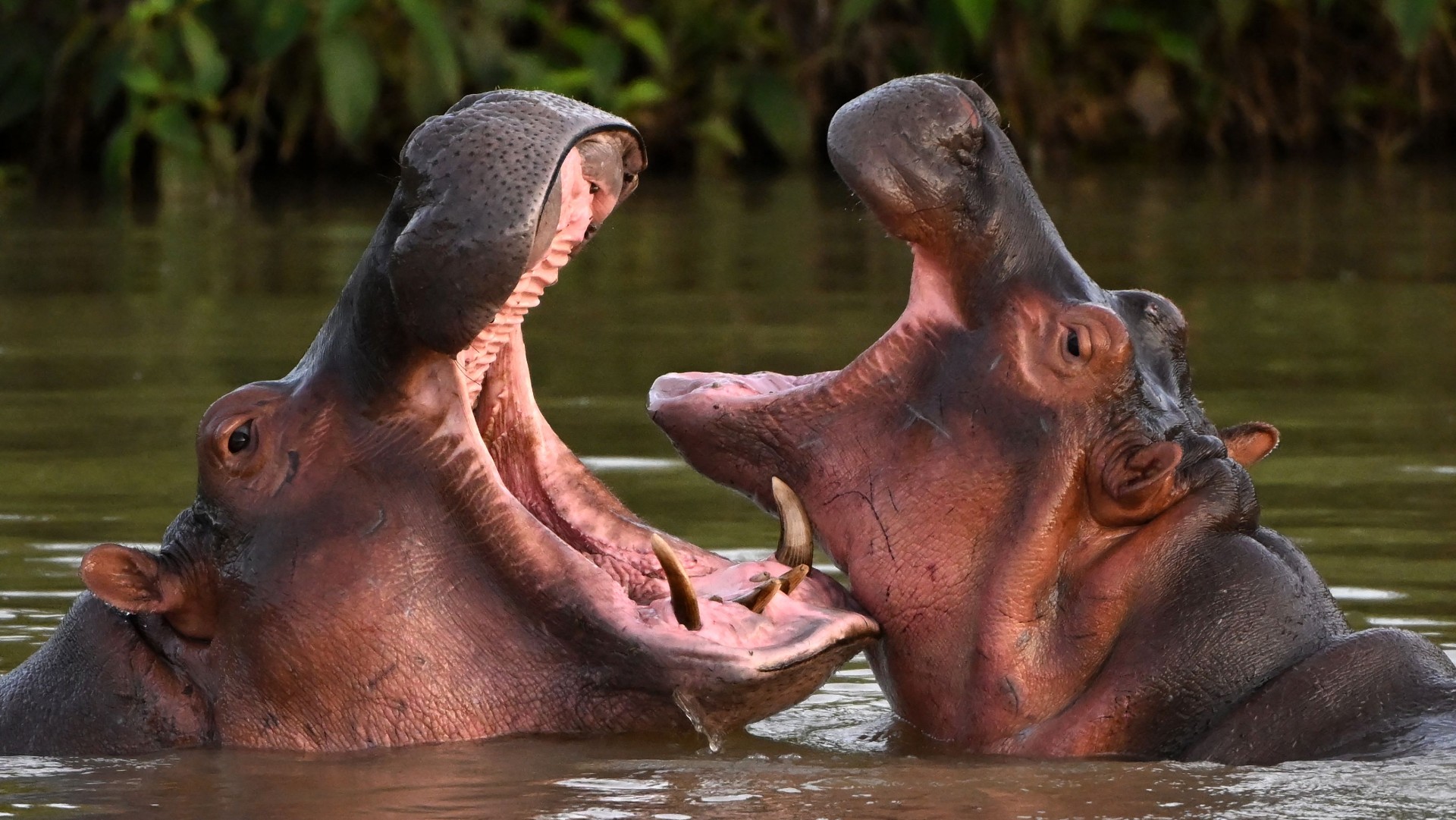
A free daily email with the biggest news stories of the day – and the best features from TheWeek.com
You are now subscribed
Your newsletter sign-up was successful
Colombia’s authorities are being urged to act against an invasive hippo population introduced by drug kingpin Pablo Escobar, after a new census revealed the true extent of the problem.
Previous estimates put the total number of the so-called “cocaine hippos” – descendants of four owned by the late druglord – at around 130. But after “a research team counted the animals in person, by drone and using other tracking methods”, said Nature, the true tally is believed to be up to 215.
“Before, one argument against dealing with the hippos was that our information was limited and our arguments theoretical,” said ecologist Rafael Moreno, who participated in the joint study by the National University of Colombia in Bogotá, the Humboldt Institute and environmental body Cornare. “But we have put that argument to bed now. This study shows that this is a real issue, and that the state must act urgently.”
The Week
Escape your echo chamber. Get the facts behind the news, plus analysis from multiple perspectives.

Sign up for The Week's Free Newsletters
From our morning news briefing to a weekly Good News Newsletter, get the best of The Week delivered directly to your inbox.
From our morning news briefing to a weekly Good News Newsletter, get the best of The Week delivered directly to your inbox.
What are the origins of the ‘cocaine hippos’?
The growing hippo population traces back to one male and three female African hippos bought over illegally by Escobar in the 1980s for the zoo at his Hacienda Nápoles estate in Antioquia province, in the northwest of Colombia. Following Escobar’s death in 1993, the animals were abandoned, in part “due to the difficulty associated with moving them to a wildlife sanctuary”, said Professor Elliot Doornbos, a criminology lecturer at Nottingham Trent University, in an article on The Conversation.
Their descendents have since become a local tourist attraction. But experts warn that the hippos – or to give them their full plural name, hippopotami or hippopotamuses – pose a serious threat to humans and wildlife.
The hippos, “which are territorial and weigh up to three tons, have spread far beyond the Hacienda Napoles ranch, located 124 miles from Bogotá, along the Magdalena River”, said The Associated Press (AP).
With local rivers to reproduce in and favourable climate conditions, And environmental authorities fear their population could increase to 400 within eight years, amid a lack of natural predators, favourable weather conditions and ample food and water.
A free daily email with the biggest news stories of the day – and the best features from TheWeek.com
Why have they become a problem?
The hippos now living in the controlled environment of Hacienda Nápoles do not pose a threat, but those “in the wild” are “fast becoming a problem”, said Doornbos on The Conversation. “Hippo attacks on people are on the rise and an illegal trafficking industry has developed around their capture and sale.”
According to National Geographic, hippos kill around 500 humans each year in their native Africa, and “are one of the most aggressive animals on Earth”. Their jaws can open to 180 degrees and their bite is nearly three times stronger than a lion’s.
In Colombia, the imported hippos are also “a potential problem for biodiversity since their faeces change the composition of the rivers and could impact the habitat of manatees and capybaras”, said AP.
Last year, Columbia’s then environment minister, Carlos Correa, blacklisted hippos as an invasive species.
“They’re highly dangerous and territorial,” he said. “We are calling on people to be very careful. These are not pets. They can do a lot of damage.”
Hippo attacks on people have become increasingly common in recent years. And calls for action have increased since April, when a car collided with one of the descendents of those owned by Escobar, killing the animal and badly damaging the vehicle.
So what is the solution?
Efforts to reduce the hippo population have “floundered”, said NPR. Many experts consider hunting to be “the most practical solution”, but a viral photo showing a dead hippo, nicknamed Pepe, killed by hunters hired by the Columbian environmental agency caused a global outcry in 2009.
Euthanasia “represents the cheapest and fastest method to control Colombia’s hippo population”, said Doornbos on The Conversation. “It is, however, a controversial strategy and would involve up to 30 hippos a year being killed.”
Attempting fertility control, through castration and sterilisation, is “simply not an option” either, owing to the high costs involved, said the BBC. Official government statistics show that only four hippos underwent sterilisation between 2011 and 2019, at a cost of around $50,000 (£36,000) each.
Instead, authorities have settled on relocating hippos. In March, the governor of Antioquia province confirmed plans to move about 60 hippos to the Greens Zoological Rescue and Rehabilitation Kingdom in Gujarat, India, with another ten to go to zoos in Mexico.
This mission, said HuffPost UK, “marks a big shift from Colombia’s initial plan to sterilise or kill the animals”, which triggered a lawsuit that resulted in the hippos becoming the first non-human creatures to be legally considered people by a US court.
-
 How to Get to Heaven from Belfast: a ‘highly entertaining ride’
How to Get to Heaven from Belfast: a ‘highly entertaining ride’The Week Recommends Mystery-comedy from the creator of Derry Girls should be ‘your new binge-watch’
-
 The 8 best TV shows of the 1960s
The 8 best TV shows of the 1960sThe standout shows of this decade take viewers from outer space to the Wild West
-
 Microdramas are booming
Microdramas are boomingUnder the radar Scroll to watch a whole movie
-
 Eel-egal trade: the world’s most lucrative wildlife crime?
Eel-egal trade: the world’s most lucrative wildlife crime?Under the Radar Trafficking of juvenile ‘glass’ eels from Europe to Asia generates up to €3bn a year but the species is on the brink of extinction
-
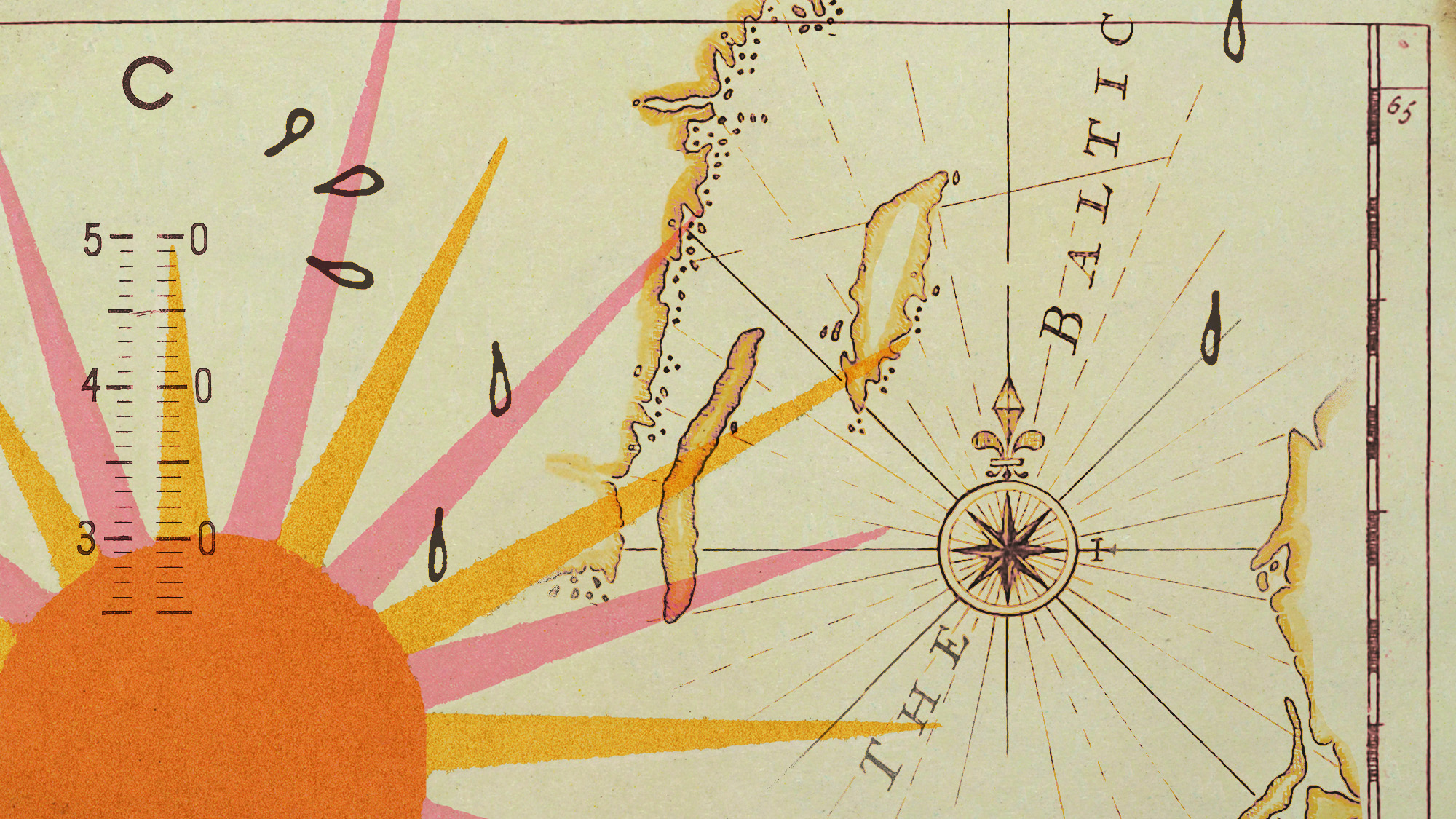 What do heatwaves mean for Scandinavia?
What do heatwaves mean for Scandinavia?Under the Radar A record-breaking run of sweltering days and tropical nights is changing the way people – and animals – live in typically cool Nordic countries
-
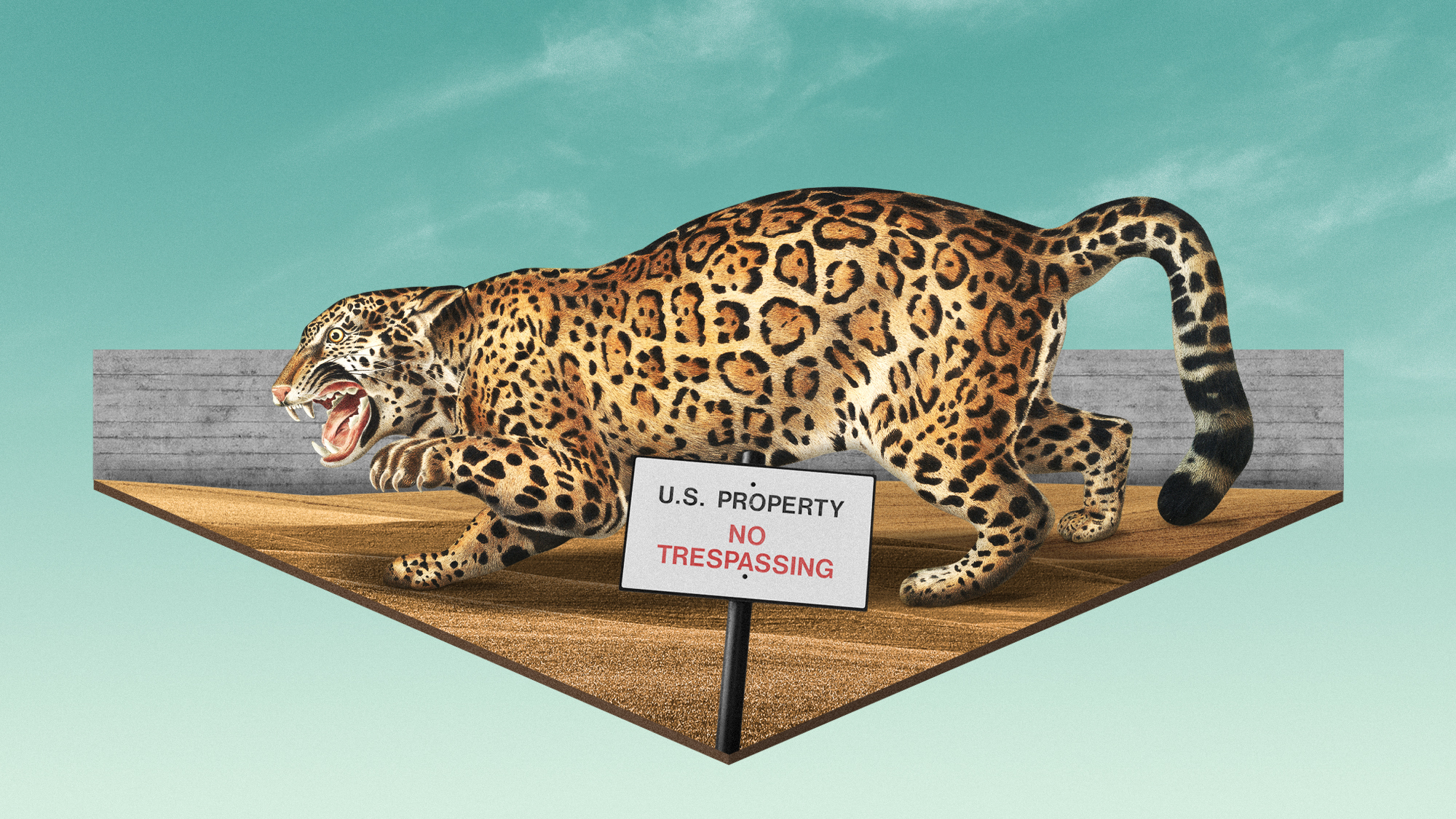 The revived plan for Trump's border wall could cause problems for wildlife
The revived plan for Trump's border wall could cause problems for wildlifeThe Explainer The proposed section of wall would be in a remote stretch of Arizona
-
 Spiking whale deaths in San Francisco have marine biologists worried
Spiking whale deaths in San Francisco have marine biologists worriedIn the Spotlight Whale deaths in the city's bay are at their highest levels in 25 years
-
 Anti-anxiety drug has a not-too-surprising effect on fish
Anti-anxiety drug has a not-too-surprising effect on fishUnder the radar The fish act bolder and take more risks
-
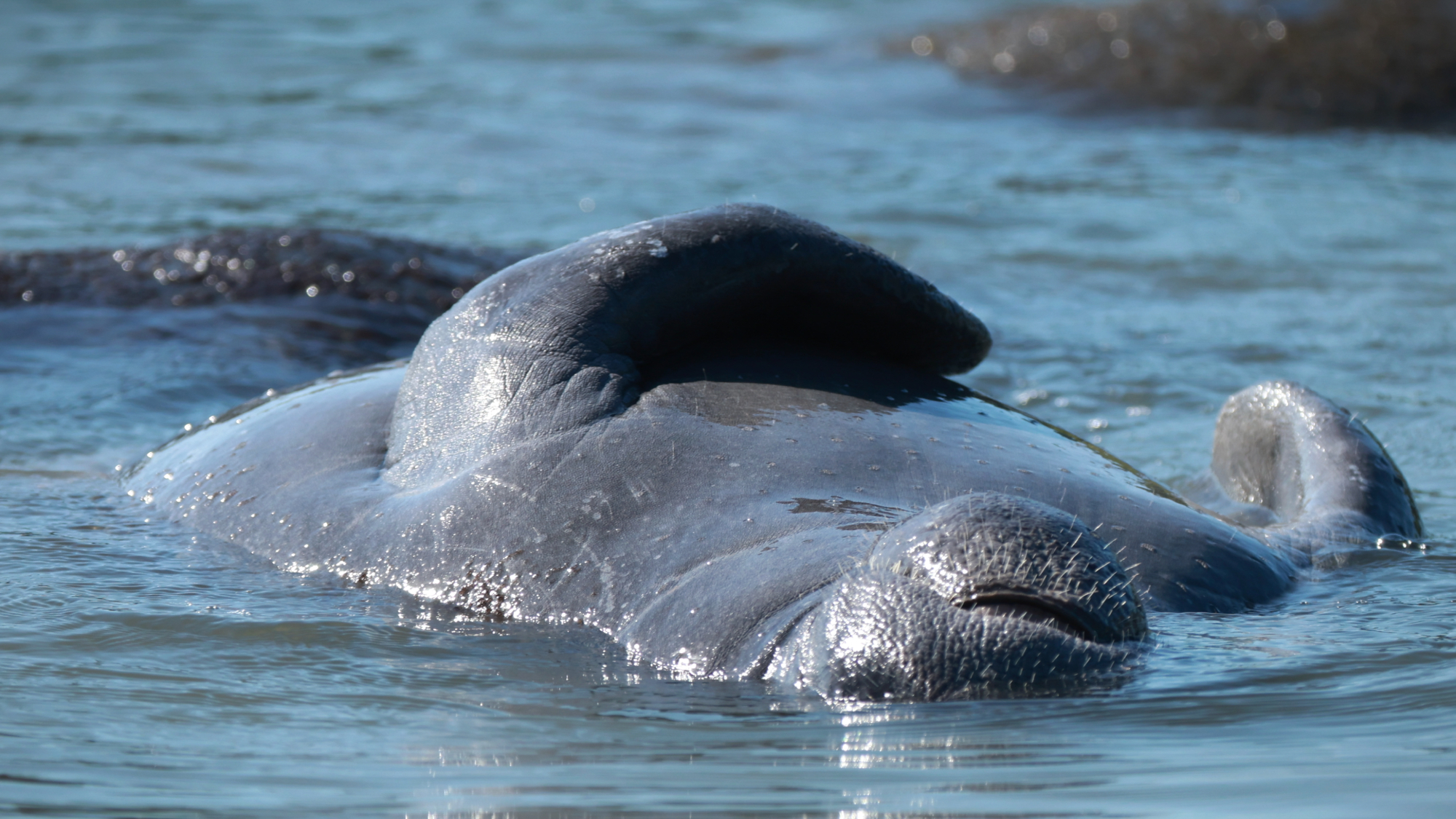 US proposes eroding species protections
US proposes eroding species protectionsSpeed Read The Trump administration wants to change the definition of 'harm' in the Environmental Protection Act to allow habitat damage
-
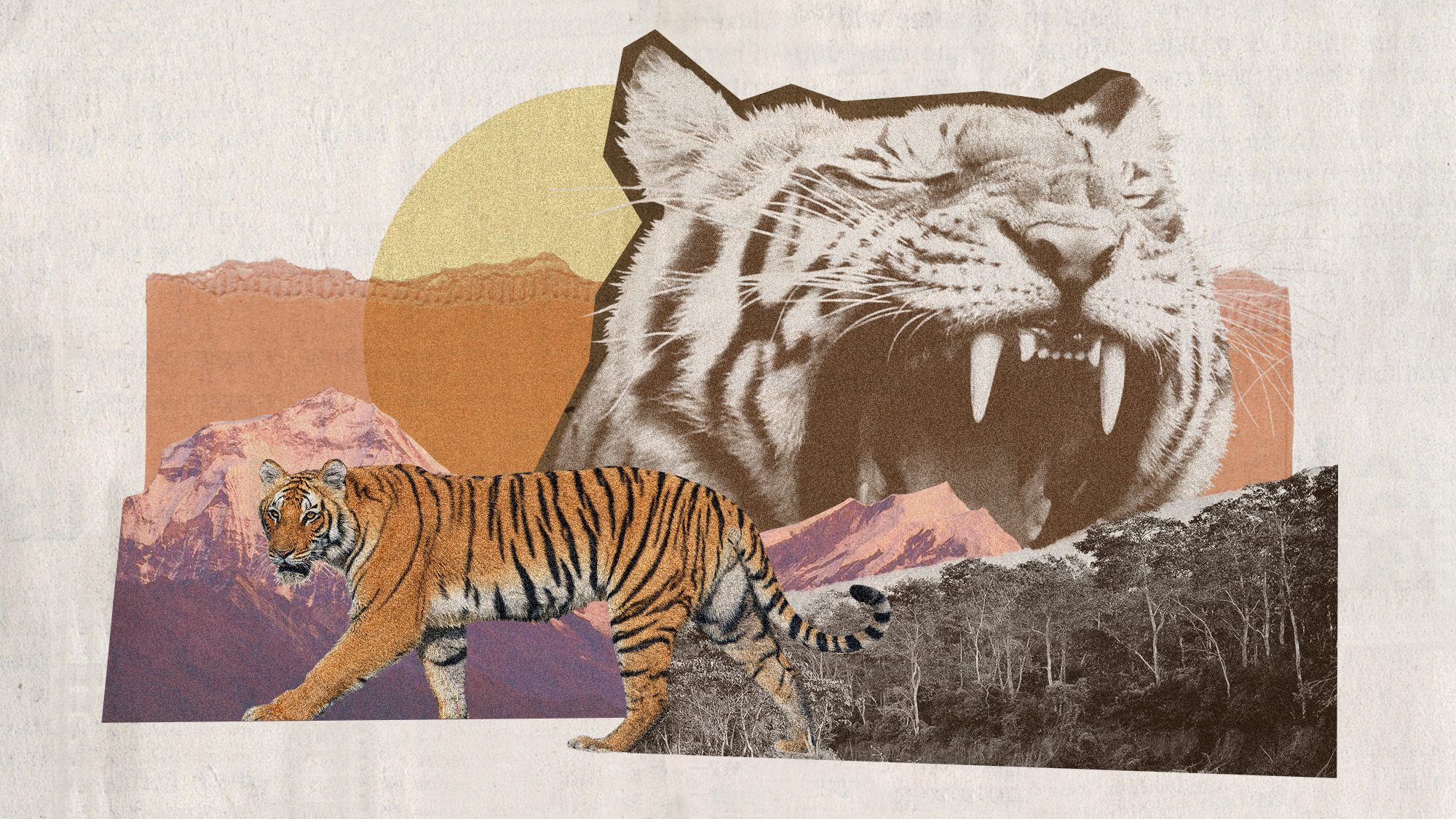 Does Nepal have too many tigers?
Does Nepal have too many tigers?Under the Radar Wild tiger numbers have tripled in a decade but conservation success comes with rise in human fatalities
-
 The controversy over rewilding in the UK
The controversy over rewilding in the UKThe Explainer 'Irresponsible and illegal' release of four lynxes into Scottish Highlands 'entirely counterproductive' say conservationists